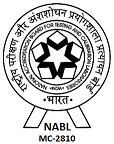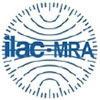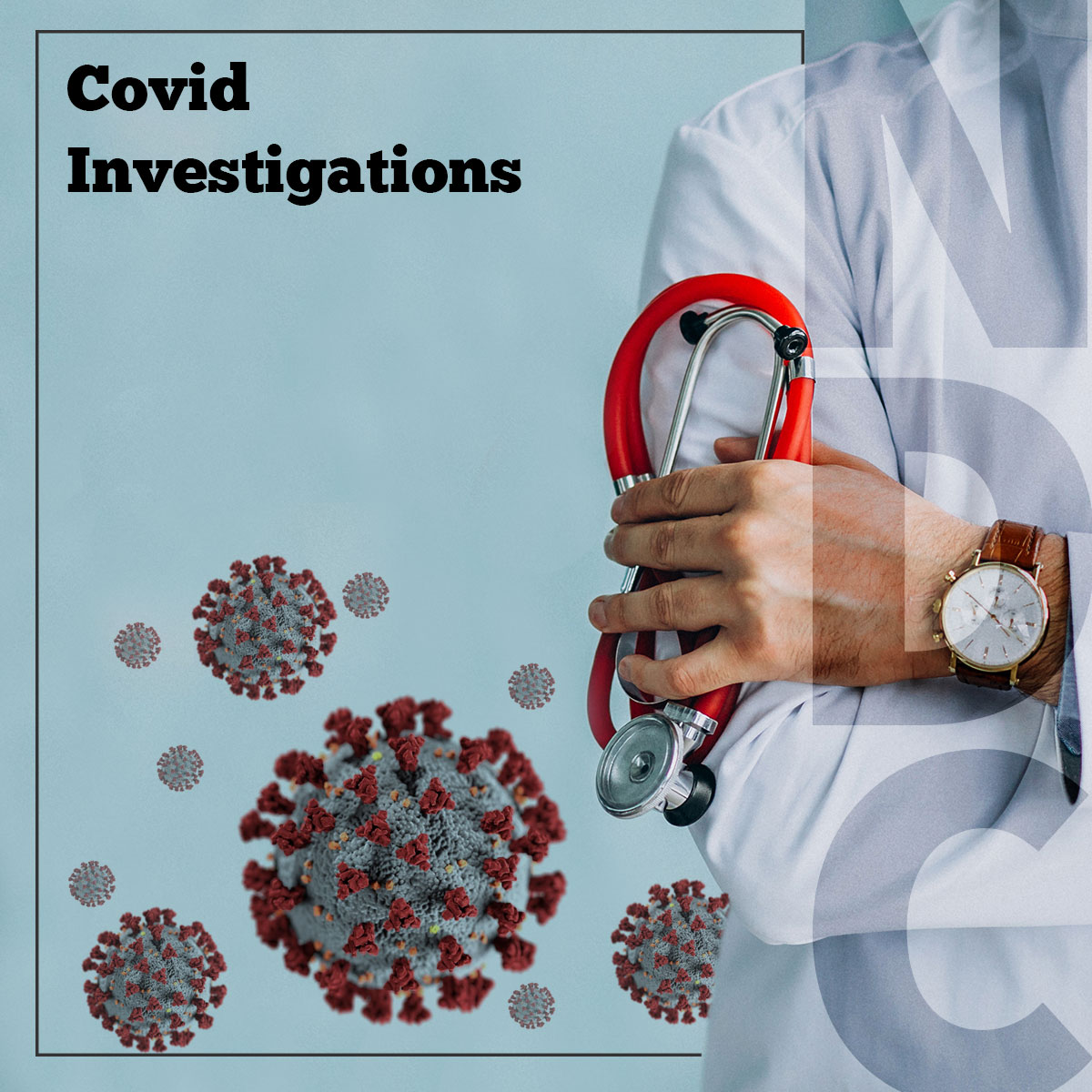Menu
Covid Tests
COVID-19 is on the rise again affecting people in different ways. It might happen even to vaccinated individuals. Precaution and preventive measures can help. Yet if you develop symptoms get tested.
Most infected people will develop mild to moderate illness and recover without hospitalization. At North City Diagnostic Centre, Kolkata, we specialize Covid investigations that help the doctor understand the effect and criticality of an infected patient.
facility available for
In case of emergency Call
Overview -
Coronavirus disease (COVID-19) is an infectious disease caused by the SARS-CoV-2 virus.
Most people infected with the virus will experience mild to moderate respiratory illness and recover without hospitalization through home care under medical supervision. A few people will develop serious illness that requires hospitalization. A serious illness is more likely to develop in older people or those who suffer from underlying medical conditions or co-morbidities like cardiovascular disease, diabetes, chronic respiratory disease, or cancer. COVID-19 comes to anyone and can make them seriously ill or even cause them to die.
By being well-informed about how the virus spreads and how to prevent transmission, we can prevent and slow down transmission. Wear a properly fitted mask, wash your hands frequently, and stay at least one meter apart from others in order to prevent infection. Follow local guidelines and get vaccinated when the time comes.
A person who is infected can spread the virus through their mouth or nose by coughing, sneezing, speaking, singing, or inhaling small liquid particles. These particles range from larger respiratory droplets to smaller aerosols. Whenever you feel ill, it is important to practice respiratory etiquette, for example, coughing with the elbow flexed. If you are unwell, you should remain at home and self-isolate until you feel better.
Symptoms -
- Fever
- Cough
- Tiredness
- Loss of taste or smell
- Sore throat
- Headache
- Aches and pains
- Diarrhoea
- A rash on skin, or discolouration of fingers or toes
- Red or irritated eyes.
- Difficulty breathing or shortness of breath
- Loss of speech or mobility, or confusion
- Chest pain.
Seek immediate medical attention if you have any of the above symptoms.
You can always call us for assistance – +9181001 07100
On average it takes 5–6 days from when someone is infected with the virus for symptoms to show, however it can take up to 14 days.
List of Tests -
SARS-CoV-2 antibody tests, also called serology tests, tell if someone may have had SARS-CoV-2, the virus that causes COVID-19, in the past.
- SARS-CoV-2 antibody (often referred to as serology) tests look for antibodies in a sample to determine if an individual has had a past infection with the virus that causes COVID-19. COVID-19 antibody tests can help identify people who may have been infected with the SARS-CoV-2 virus or have recovered from a COVID-19 infection.
- At this time, researchers do not know whether the presence of antibodies means that you are immune to COVID-19; or if you are immune, how long it will last.
High-Resolution Computed Tomography (HRCT) tests are another way of determining the presence of the viral infection in the body, which is being done right now.
when a highly suspicious COVID 19 cases report is coming as negative by RT PCR with nasal swab tests, instead of going for retesting, suspected COVID patients are being advised to go for CT scans. Apart from confirmation of the infection, HRCT scans are additionally ordered by doctors for COVID-19 patients who showcase early symptoms like of congestion, along with classic, tell-tale or mild COVID symptoms early on. It’s also a helpful detector for those who have underlying medical issues, such as respiratory infections. HRCT scans may mention CT severity score, which tells us about the actual lung involvement due to the infection. A higher score usually represents greater lung involvement and high COVID severity.
The test measures the amount of IL-6 in the blood. Interleukin-6 is one of a large group of molecules called cytokines. Interleukin-6 (IL-6) is a protein produced by various cells. It helps regulate immune responses, which makes the IL-6 test potentially useful as a marker of immune system activation.
IL-6 is one of the key mediators of inflammation and viral cytokine storm in COVID-19 patients.
A D-dimer test looks for D-dimer in blood. D-dimer is a protein fragment (small piece) that’s made when a blood clot dissolves in your body.
Studies have shown that a fourfold increase in D-dimer on admission could effectively predict in-hospital mortality in patients with Covid-19, which indicated D-dimer could be an early and helpful marker to improve management of Covid-19 patient.
Dos and Don’ts during COVID-19
- Do serve food in a place with proper distancing measures. Open lawns and bigger spaces are always safer for gatherings.
- Do keep some extra masks on hand while hosting/attending a gathering. If you’re the host, ensure that there are proper handwashing stations and an adequate supply of sanitizers placed at the entrance/exit or other prominent places.
- Do not plan gatherings in small, constricted, or poorly ventilated spaces.
- Try keeping the number of guests to a minimum and in-sync with the government’s guidelines on COVID-19. Digital/virtual celebrations are ideal and preferable.
- Do not attend gatherings if you are experiencing symptoms of COVID-19. Self-isolate for 14 days before meeting friends and family and inform people you might have come in contact with.
- Do not pressurise friends or relatives into participating in gatherings or celebrations. If they are not comfortable in attending the gathering, respect their decision.
- Wash hands regularly with soap and water for 30sec or use an alcohol-based sanitizer.
- Do let go of your habit of greeting people the way you used to before the pandemic. A handshake, a hug, a kiss, they all come with a considerable amount of risk and unless you live together and are in constant touch, this might be unsafe.
- Do show your respect and appreciation to people by greeting them with a wave, traditional Namaste or Adaab, or an elbow bump. The lesser the physical contact, the safer it is.
- Do get yourself fully vaccinated and be honest about your vaccination status.
- Do not get involved in conversations about the efficacy and safety of various COVID-19 vaccines if you do not have verified information. Stay away from conversations that encourage misinformation and myths. It is also advisable to politely communicate to people the dangers of misinformation.
- Do not boast about a particular vaccine that you have taken by claiming that it is of better quality than the rest. Understand that all vaccines provide safety against severe infections of COVID-19.
- Wash hands regularly with soap and water for 30sec or use an alcohol-based sanitizer.
- Do wear your mask properly throughout the travel. Also, you can politely tell a co-passenger to wear a mask if they are not wearing one already.
- Do not remove your mask in public places to click photographs.
- Do not indulge in attempting to get unauthorised certificates of “fully vaccinated” in order to travel to places where it is mandatory.
- Wash hands regularly with soap and water for 30sec or use an alcohol-based sanitizer.
- Do observe spacing demarcations and maintain a minimum of 6-feet physical distancing.
- Do wash your hands upon arrival at work and avoid touching your face or mask as much as possible.
- Do try to limit movement outside assigned work areas to the extent possible.
- Do keep an object (like a pen) to press buttons, control panels, etc.
- Do consider communication restraints due to masks, particularly for the hearing impaired or those who rely on lip reading. Use hand gestures if needed.
- Do avoid using lifts whenever possible. If you must, then do not step in an already packed space. Wait for the number of people to get fewer to ensure proper physical distancing. Do clean personal workspaces before and after work. Clean shared spaces after each use.
- Do not go to office if you are experiencing symptoms of COVID-19. Also, inform your manager.
- Do not share food items. Avoid having team/group lunch.
- Do not share personal belongings like phone chargers, stationery, make-up accessories, etc. In case you really have to share, ensure to sanitise the items before and after use.
For Covid related hospitalization queries





